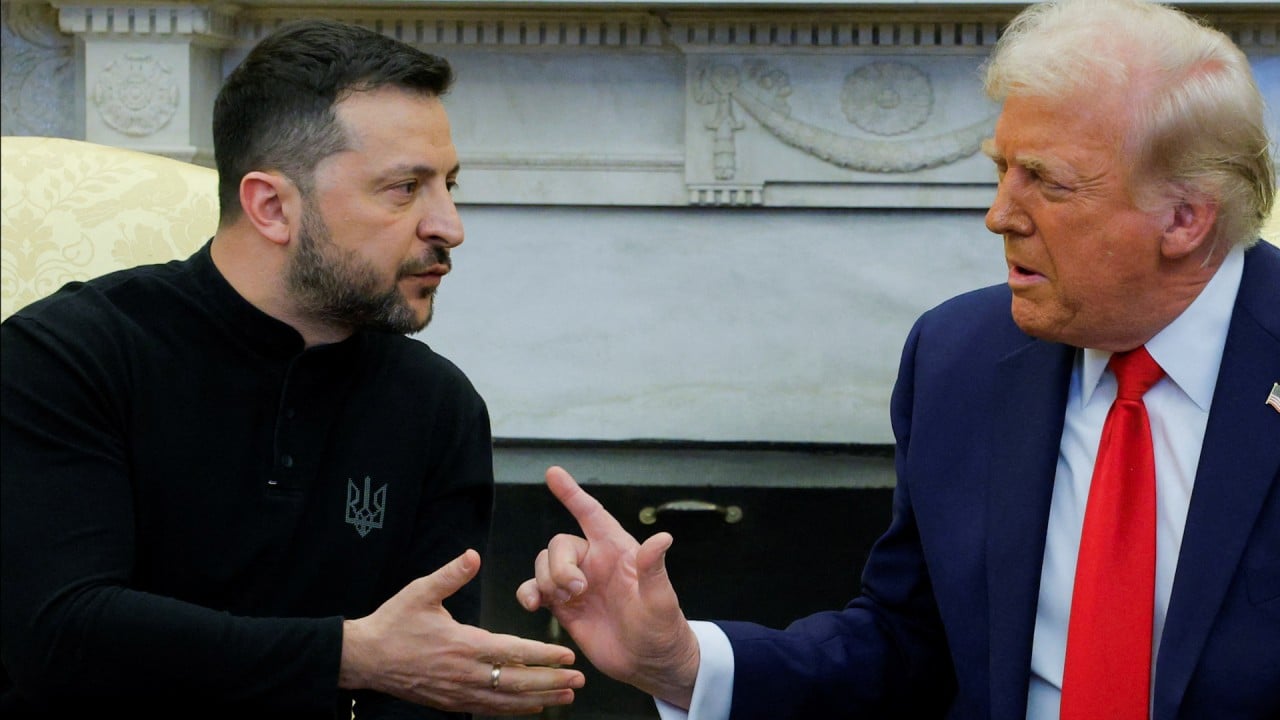Zelensky-Trump clash sparks jitters in Asean nations over reliability of US commitment
Observers believe that under pressure from Trump, Asean’s long policy of neutrality and non-alignment between Beijing and Washington is to be further tested – although its neutral tradition could remain unchanged.
The analysts said Asean members’ diplomatic actions had largely been bilateral rather than collective, indicating that some states, such as the Philippines, might face more serious challenges from Trump’s administration than others.
Collin Koh, a senior fellow at the S. Rajaratnam School of International Studies in Singapore, believes Asean will maintain its balanced engagement with the US and China, despite recent moves by the Trump administration.
He said some members would definitely “push from within Asean to at least keep the US engaged, even if there are some members who might be a little bit ambivalent about it”. Koh said this kind of inclusive policy was the “general Asean consensus”.
Asean has largely succeeded in preserving its neutrality, even as Washington’s Indo-Pacific agenda sharpened anti-China rhetoric under former US president Joe Biden.
The bloc continued to host annual summits with both China and the US, cautiously navigating their intensifying rivalry with diplomatic finesse against the backdrop of tension in the South China Sea and Taiwan Strait.
